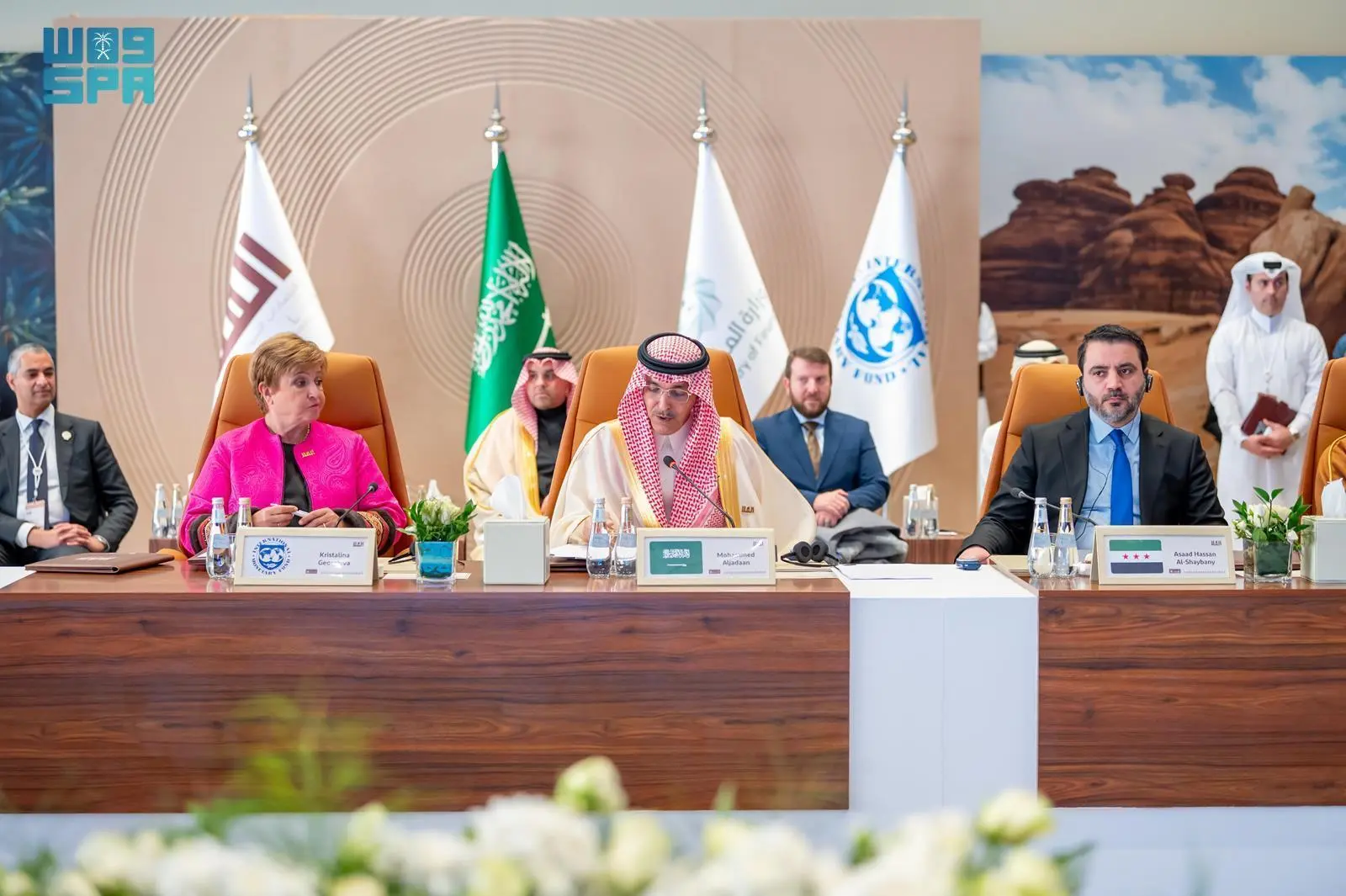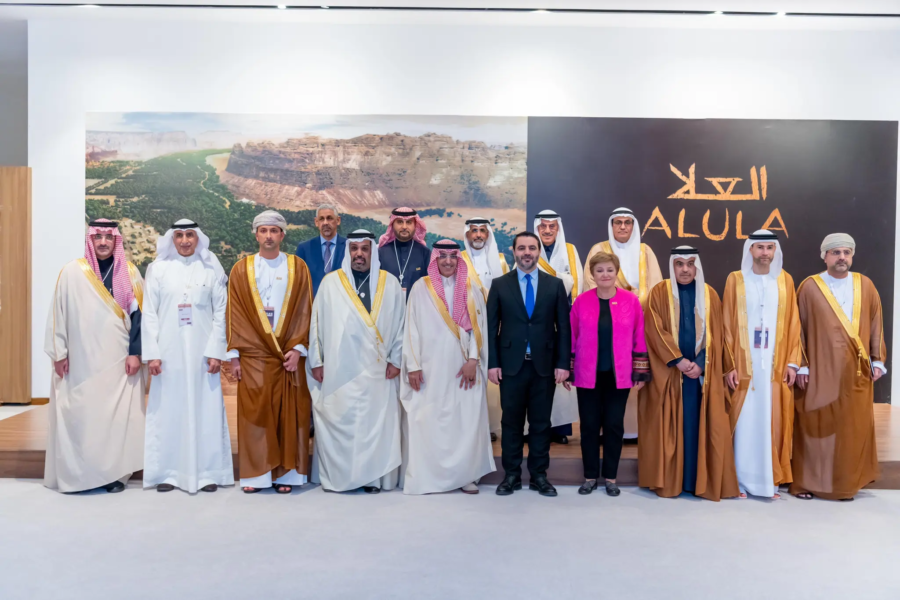The AlUla Conference for Emerging Market Economies, organized jointly by the Saudi Ministry of Finance and the International Monetary Fund (IMF) was held February 16-17, 2025.
The inaugural annual high-level event works to promote dialogue regarding the economic challenges facing emerging markets, in the context of structural transformations of the global economy, by bringing together decision makers, prominent economists, and experts from around the world.
IMF Managing Director, Kristalina Georgieva, opened the conference, “by thanking Minister Aljadaan and the Kingdom of Saudi Arabia for hosting us in beautiful Al Ula. I also want to express my deep appreciation for Minister Aljadaan’s role as chair of the International Monetary and Financial Committee (IMFC), where his leadership is critical to the work and effectiveness of our institution.”
“Now is a time of sweeping transformations in the global economy, in terms of technology, demography and geopolitics, creating a more challenging and uncertain environment for policymakers everywhere, with some specificities in terms of both risks and opportunities for emerging economies.”
“We know, for instance, that trade is no longer the engine of growth that it used to be—unlike the decades of the 1990s and 2000s when global trade grew much faster than global GDP, the two are now growing at roughly the same rate (and trade even lags behind). When global trade slows down, opportunities for regional and cross-regional trade become more important.”
“What does it all mean for emerging markets? These economies have weathered the shocks of the past few years remarkably well. And your economies have delivered two thirds of global growth.”
“But the recipes of the past may no longer provide the path to prosperity. Emerging economies will need to be agile, adaptable and resilient—these will be the ingredients for future success.”
“First, inflation is expected to go back to target levels faster in advanced economies than in most emerging markets. A stronger US dollar could trigger capital outflows. This makes monetary policy more complicated for emerging economies.”
“Second, like in advanced economies, many emerging economies are dealing with high debt, limited fiscal resources, and mounting spending pressures—a challenging triple threat. Too often, countries use fiscal stimulus to boost short-term domestic demand. While this “sugar rush” provides temporary growth, it often fuels inflation and financial turbulence. In the current environment, stepping on the gas pedal is not the solution — instead we need to focus on the efficiency of the engine.”
“This takes me to my third point — the critical importance of structural reforms to improve competitiveness, increase productivity and enhance growth prospects.”
On the sidelines of the conference, the Saudi Finance Ministry and the IMF co-hosted a high-level roundtable on “Working Together to Support Recovery in the Middle East’s Conflict-Affected Economies”, bringing together finance ministers of countries in the region, the Foreign Affairs Minister of Syria, representatives from the World Bank, and heads of other International Financial Institutions and the Arab Coordination Group.
Participants agreed on the following priorities to support conflict-affected countries:
A Continuous Diagnostic of the challenges and economic and social context facing each conflict-affected country, including an assessment of humanitarian and reconstruction needs. Such a diagnostic should identify institution-building priorities, gaps in policies, and financing needs.
Enhanced Capacity Development (CD) aimed at rapidly scaling up IMF and World Bank CD initiatives to help strengthen and, as needed, build new institutions. Support would need to be tailored to strengthen essential functions of fiscal, monetary and banking institutions.
Mobilization of financial assistance from the international community . Financial support—coordinated with international and regional development partners—will be needed to fund comprehensive reform programs, including reconstruction and humanitarian aid.
They also agreed to establish an informal coordination group to support these efforts. Discussions will be continued at the upcoming IMF/World Bank Spring Meetings on April 21-26 in Washington, D.C.”










